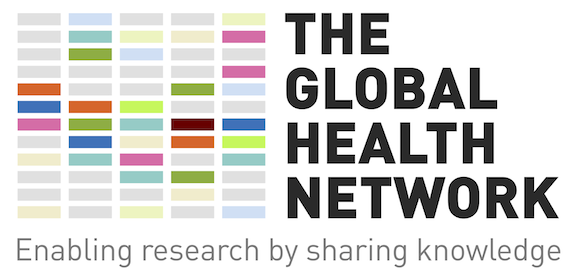Course Overview
Duration:
The course should take approximately 2-3 hours to complete
Certification:
A certificate is issued once a minimum of 80% is achieved in the final quiz section.
Summary:
Effective communication and community engagement are essential elements of the clinical research response during an outbreak. Done well, they can help to build trust with affected communities and to educate them about the outbreak thus helping to limit its spread. Understanding how to effectively communicate and engage with the people who are affected by an outbreak is crucial to ensure that they are properly informed and are willing to participate in clinical research.
Intended Learning Objectives:
By the end of the module, participants should be able to:
- Define the term “community” and identify research stakeholders
- Perform environmental scans and assemble a communications team
- Develop a Strategic Communications Plan with a specific focus on crisis communications
- Identify the special considerations for community engagement in disease outbreak situations
Acknowledgements
The communications sections of this module have been adapted from: ET Robinson, D Baron, LL Heise, J Moffett, SV Harlan. (2010). Communications Handbook for Clinical Trials: Strategies, Tips, and Tools to Manage Controversy, Convey Your Message, and Disseminate Results. Available at http://pdf.usaid.gov/pdf_docs/PA00J1QZ.pdf
The Engaging with Communities training is adapted from an e-Learning course and resource package designed and produced by the World Health Organization (WHO) for use by internal staff. Research is a vital ingredient for improved global health and scientifically sound and ethically appropriate research is especially important in resource-poor settings where the need for locally applicable research findings is so great. Therefore the WHO has very kindly granted permission for the adaption of this resource in a format and platform that is accessible to all.
This module was reviewed by Jennyfer Ambe of the GET Consortium and Nzelle Delphine Kayem - Research Associate, Centre for Tropical Medicine & Global Health, University of Oxford, UK
CREDO is funded by TDR, the Special Programme for Research and Training in Tropical Diseases. TDR is a global programme of scientific collaboration that helps facilitate, support and influence efforts to combat diseases of poverty. It is hosted at the World Health Organization (WHO), and is sponsored by the United Nations Children’s Fund (UNICEF), the United Nations Development Programme (UNDP), the World Bank and WHO. The Global Health Training Centre is built through the support and partnership of the Bill and Melinda Gates Foundation, the World-Wide Antimalarial Resistance Network and the East African Consortium for Clinical Research.
